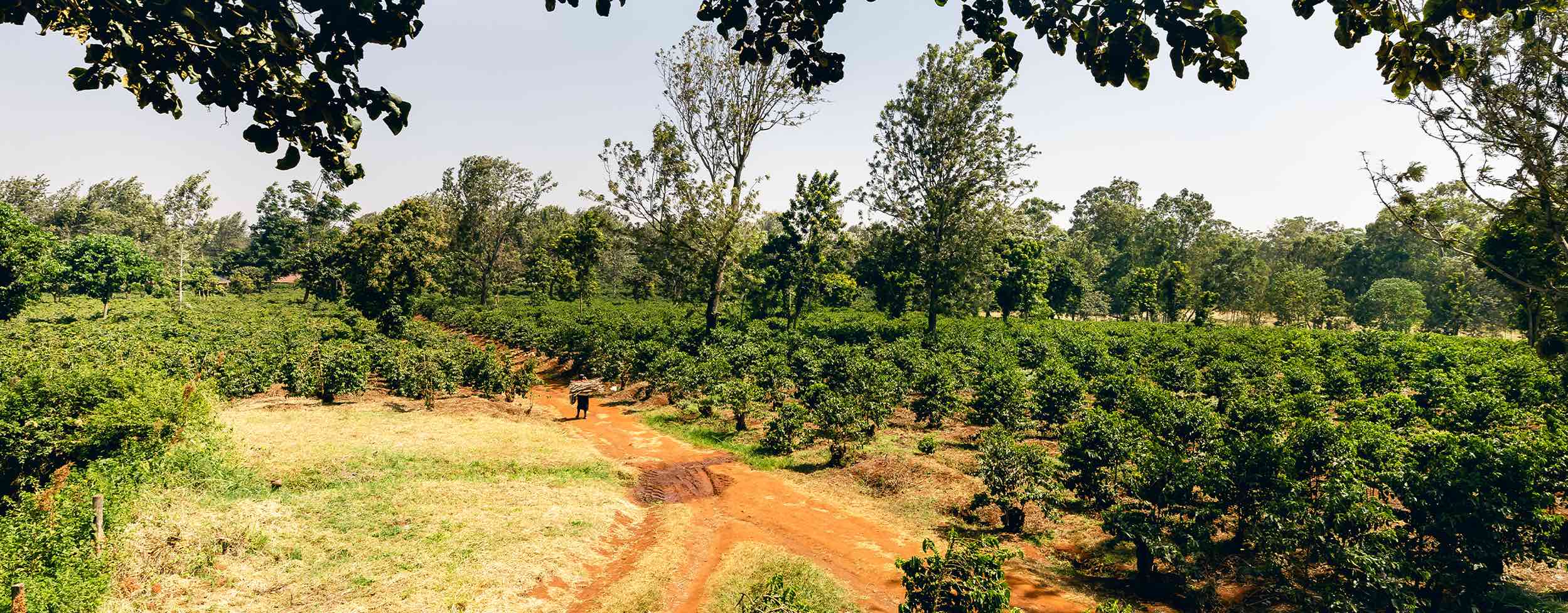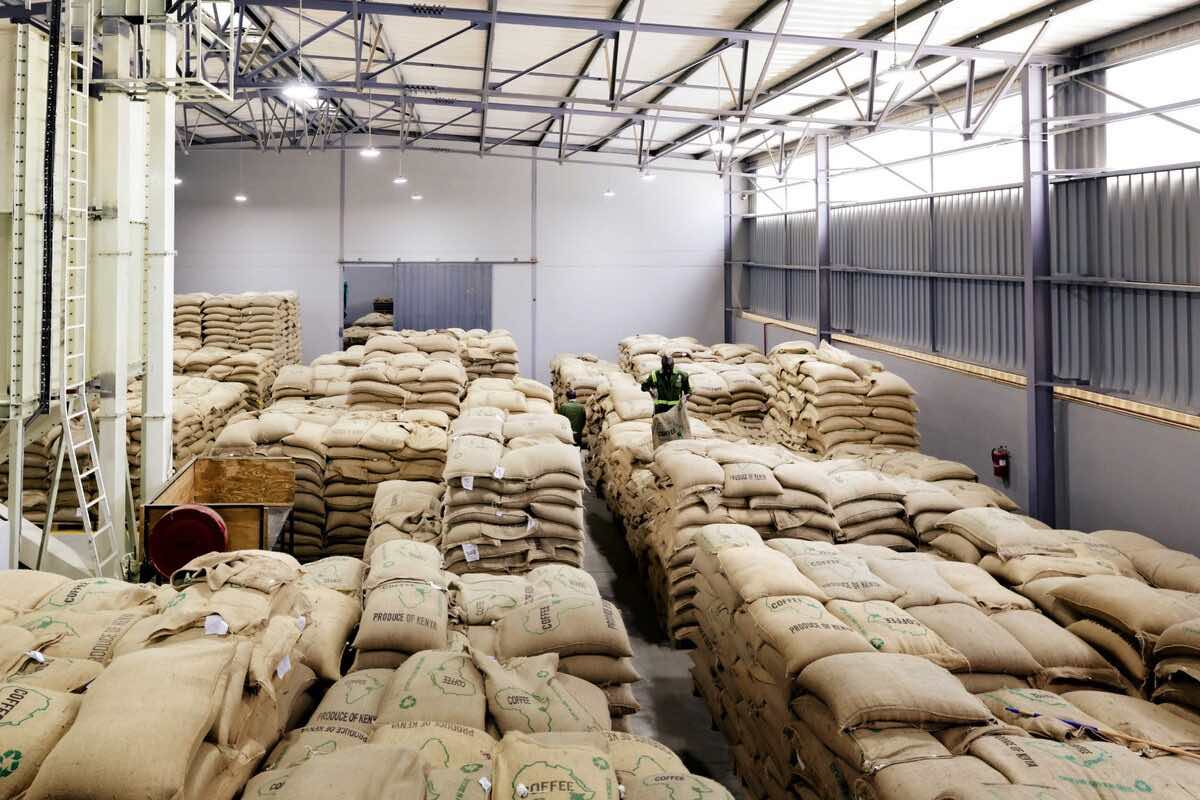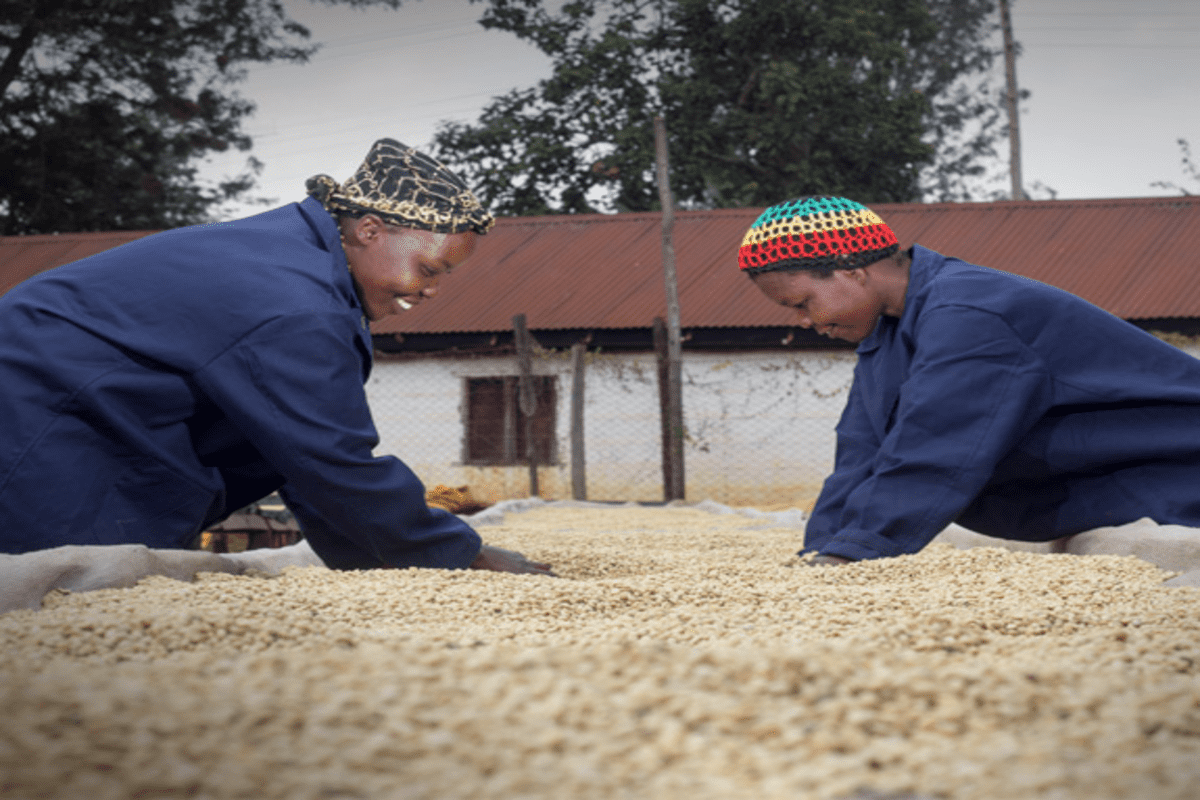
7 Essential Practices to Avoid in Coffee Farming
Introduction:7 Essential Practices to Avoid in Coffee Farming: A Guide for Kenyan Farmers by Servicoff Limited
Coffee farming is a vital agricultural industry in Kenya, with thousands of farmers relying on it for their livelihoods. To support these farmers, we as Servicoff Limited have compiled a comprehensive list of seven crucial practices to avoid in coffee farming. By steering clear of these pitfalls, Kenyan coffee growers can boost their productivity, sustainability, and profitability.
1. Neglecting Soil Health:
Healthy soil is the foundation of successful coffee farming. Neglecting soil health can lead to poor yields and stunted growth in coffee plants. Farmers must regularly conduct soil tests to assess nutrient levels, pH balance, and overall fertility. Based on the results, implement appropriate soil management practices, such as proper composting, organic matter application, and crop rotation, to ensure optimal coffee plant growth and productivity.
2. Inadequate Pest and Disease Management:
Pests and diseases are significant threats to coffee crops, and ignoring them can cause irreparable damage. Farmers must be vigilant in monitoring their crops for signs of infestation or disease. Implement integrated pest management (IPM) strategies, such as using natural predators, selecting resistant coffee varieties, and employing organic pesticides as a last resort. Timely action and preventive measures are crucial to safeguarding the health of coffee plants.
3. Ignoring Climate Resilience:
Climate change poses challenges to coffee farming, including irregular weather patterns, increased temperatures, and extreme events. Farmers should adapt their practices to enhance climate resilience. This can include planting shade trees to protect coffee plants from excessive heat, implementing rainwater harvesting systems, and practicing water-efficient irrigation methods. Staying informed about climate trends can help farmers make well-informed decisions and reduce climate-related risks.
4. Overlooking Proper Pruning and Plant Care:
Neglecting regular pruning and improper plant care can lead to reduced yields and poor-quality coffee beans. Farmers must understand the significance of proper pruning techniques to promote plant health, shape growth, and enhance coffee cherries’ development. Additionally, providing adequate nutrition, managing shade levels, and protecting plants from harsh weather conditions contribute to healthy and robust coffee plants.
5. Neglecting Post-Harvest Processing:
Post-harvest processing is a critical phase that significantly impacts coffee quality. Neglecting proper post-harvest practices can result in defects and inconsistencies in the final coffee product. Farmers should invest in appropriate processing equipment, train their workforce in processing methods, and implement consistent quality control measures. This attention to detail will enhance the overall market value of their coffee beans.
6. Lack of Market Research:
Entering the coffee market without conducting thorough market research can lead to challenges in finding buyers and obtaining fair prices for coffee beans. Farmers should regularly study market demands, consumer preferences, and industry trends. Understanding market dynamics enables farmers to produce coffee varieties that align with market requirements and secure more profitable sales.
7. Insufficient Financial Planning:
Financial planning is vital for the sustainability of any coffee farming venture. Neglecting this aspect can lead to unexpected financial crises and hinder the growth of the farm. Farmers should create a detailed budget that includes all operational expenses, invest in farm infrastructure and machinery wisely, and explore financing options for expansion or emergencies. Proper financial planning ensures a stable and prosperous coffee farming business.
Conclusion:
By avoiding these seven essential practices, coffee farmers in Kenya can enhance their farming practices and cultivate thriving coffee plantations. Servicoff Limited encourages farmers to prioritize soil health, pest and disease management, climate resilience, proper plant care, post-harvest processing, market research, and financial planning. Embracing these practices will not only increase yields and quality but also contribute to a sustainable and prosperous coffee industry in Kenya.






